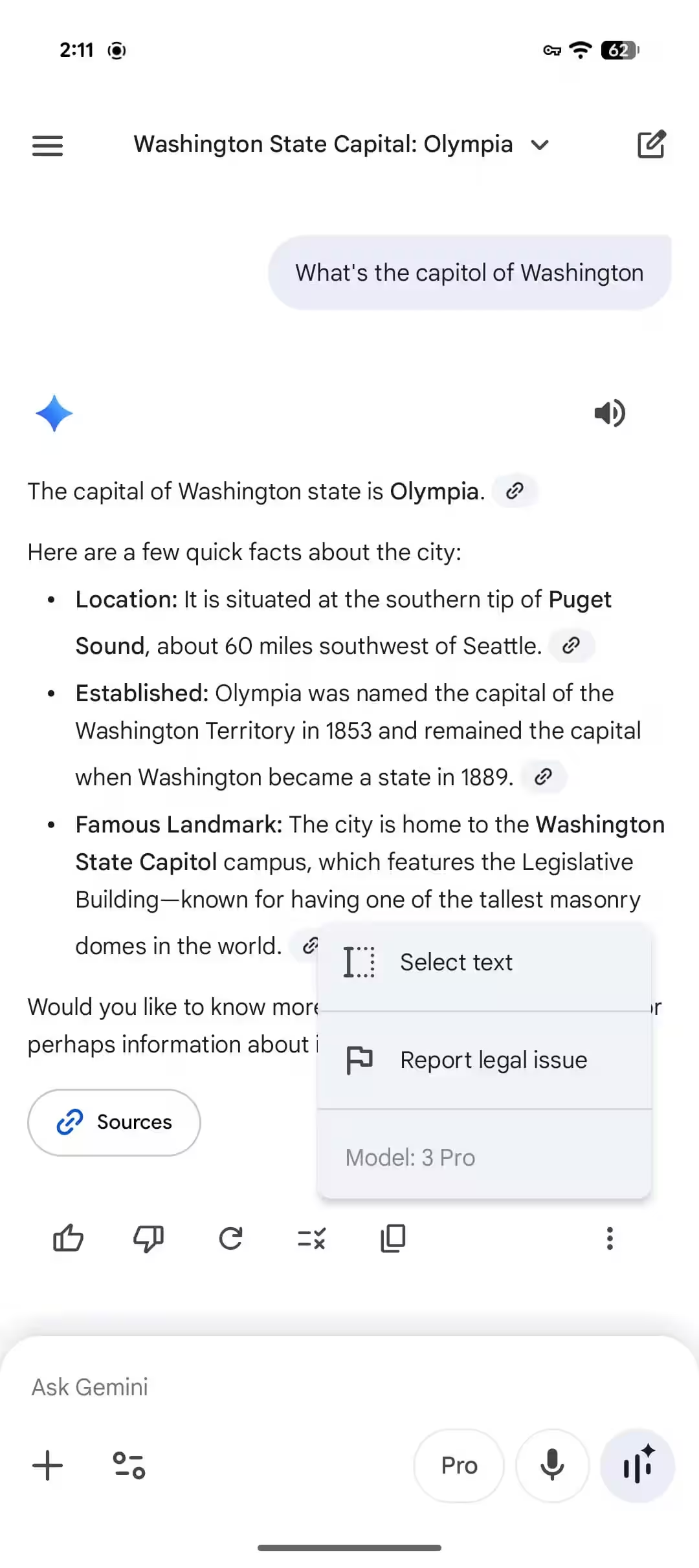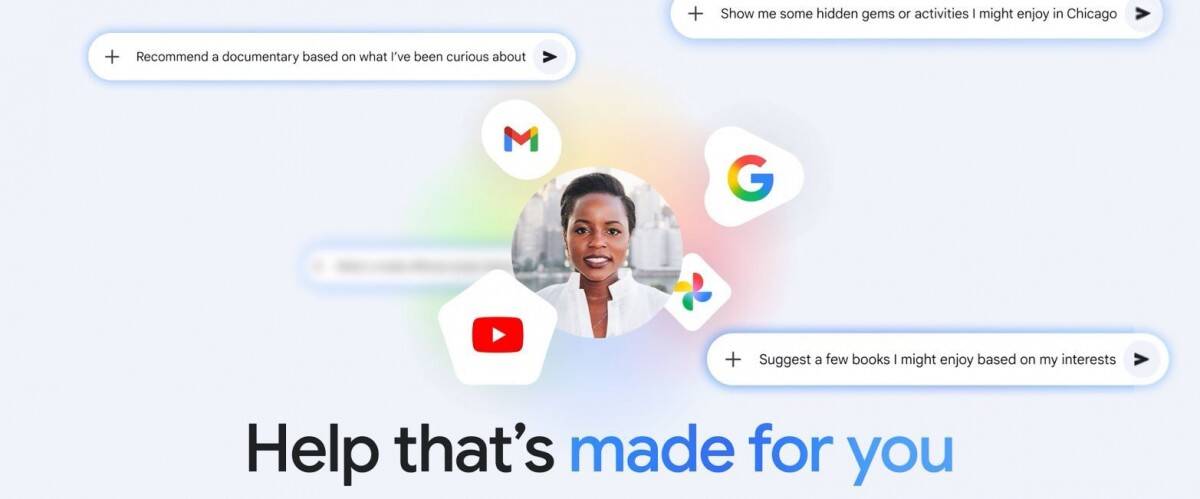Google Chrome will have AI to analyze history and search
Google continues to incorporate AI into all of its products and services, and Chrome isn’t left behind. Last week, the first indications emerged that the company is developing a new feature, potentially supported by AI, to improve browser history search.
The first signs that the company is developing a new feature potentially supported by AI to improve browser history search.
And along with the confirmation of AI involvement came questions about how deeply we want to let AI analyze our browser usage history. Paying for cloud backups seems like a nuisance until your device is stolen and your data is kept safe. Enabling AI in Chrome for the new history search feature seems just as useful, especially if you remember the content of a web page but not its title or URL.
An AI can be used to analyze a web page, but not its title or URL.
A prominent Chrome feature researcher , @Leopeva64 on Platform X (formerly Twitter), reported signs of such functionality last week, but there was a lot of temporary text instead of a description of the feature.
Luckily, Chrome is constantly evolving, and a researcher recently noticed that Google has added a description of the history search feature. It confirms our initial speculation: history search will allow pages to be searched based on their content, not just the URL and page title. With history search enabled, Google promises to improve search performance both on a dedicated history page and when using the @history command in the address bar.
Big conveniences are big concerns
But as with cloud backups, where you have to trust a server on the internet with your data, using AI to search your browser history comes with a similar risk of privacy loss. Google isn’t hiding this fact – Leopeva64 also found that the temporary text in the «Important Points» section has been replaced with a disclaimer stating that Google and its employees may have access to your data. The company explains that it will collect search queries, content from the best match pages and generated patterns. It also notes that page data is encrypted and stored on your device to enable search when the feature is enabled.
See the disclaimer.
While the need for manual AI validation and training is clear in the initial stages of the service, not all users may consider such risks justified. Local AI processing would be ideal, but the current state of the feature is reminiscent of Microsoft’s Recall functionality from Copilot AI, which saves screenshots of everything you do for later retrieval. The company had to postpone the launch after public criticism.
So far, it’s been a long time coming.
Nevertheless, we wouldn’t mind a history search feature in Chrome if it were optional. If the feature is enabled by default to encourage usage and accelerate improvements to the AI model, there’s a good chance that users will take a negative view of the change and start looking for alternative browsers. The feature is still in development, so it’s too early to draw definitive conclusions about what Google will decide.
The feature is still in development, so it’s too early to make any definitive conclusions about what decision Google will make.








